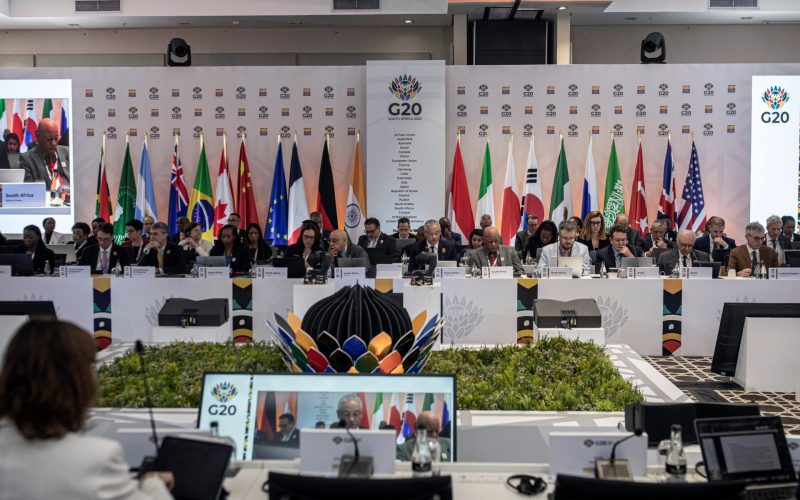The publication of both documents has brought the debate about South Africa’s trade policy to the fore, particularly in view of the emphasis on a strategic tariff policy informed by industrial policy and directly oriented towards the government’s national development goals. While few would disagree that employment creation and poverty reduction are the most pressing of these goals, and that a wide range of economic and social policies are required to address the South African economy’s structural problems, the debate on the role of trade policy in this policy mix has been highly polarised.
Disagreement on the impact that trade liberalisation has had on growth, employment and poverty is central to the trade policy debate. This impact has been assessed in South African literature using a variety of methodological approaches, including household and industry-level analyses, case studies on particular sectors, and computable general equilibrium modelling. A critical review of the methodological approaches used to explore the impact of trade liberalisation in South Africa on growth and poverty in particular is preceded by a re-examination of key features of the theoretical debate on trade liberalisation and the controversies surrounding the associated empirical evidence. The appropriateness of the questions and concerns highlighted in the literature on ‘trade reform’ in South Africa are then considered, in the light of the recent emphasis on using trade policy to meet the country’s national and regional development goals.
An important reason for the polarised and ideological debate on trade, growth and poverty has been the persistent view that a ‘free trade’ system is a relevant benchmark, and argues that the theory and evidence are not as compelling as proponents contend. Instead, alternative scenarios should be evaluated against those that are relevant for industrial and other development goals rather than relative to an unrealistic free trade ideal. In the debate, the broader state of play in multilateral, regional and bilateral trade negotiations and the associated obligations and pressures should also be appreciated.
The dialogue on ‘trade reform’ in South Africa should move beyond simply characterising the debate as one between ‘free trade’ and ‘protectionism’. The appropriate question is rather how to manage trade sensibly, in order to allow for growth without creating balance of payment difficulties and policy space to promote the structural change necessary to create jobs.





